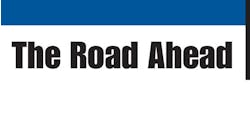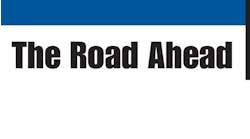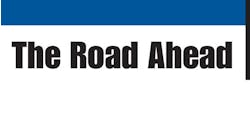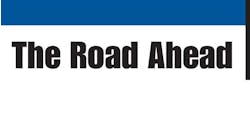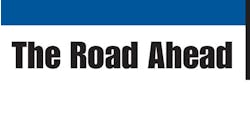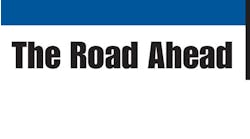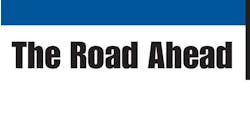The index was based on data collected before the Sept. 11 attacks on the World Trade Center and the Pentagon.
“There was cautious optimism a month ago that manufacturing declines might have been bottoming out,” said Conference Board economist Ken Goldstein. “Now, in the wake of the attacks, economic demand seems likely to slow.”
The index is usually closely watched because it indicates where the overall U.S. economy is headed in the next three to six months. It stood at 100 in 1996, its base year.
Last week, the Dow fell more than 14 percent, suffering its worst point loss ever, as economic and political uncertainty sent stock prices to their lowest levels in three years. The Nasdaq fell more than 16 percent.
Two forecasting groups, Blue Chip Economic Indicators and the National Association for Business Economics, have released surveys after the attacks that said a majority of economists believe a recession is unavoidable.
In recent months, the monthly Conference Board index had suggested that the economy was showing signs of future recovery.
The board said seven of 10 components of the leading index decreased in August: average weekly manufacturing hours, index of consumer expectations, stock prices, vendor performance, interest rate spread, average weekly initial claims for unemployment insurance and building permits.
